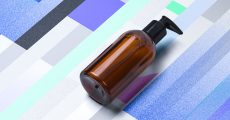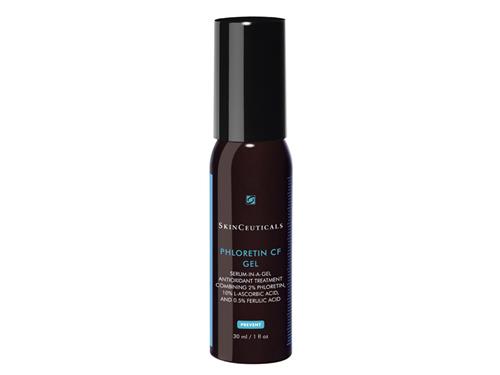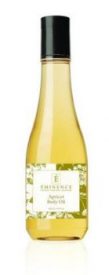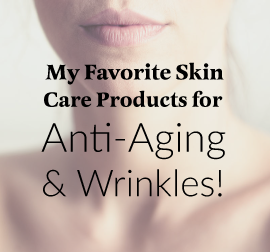Sensitive Skin and Skincare Products
Hi Paula. Good to hear from you and thank you, you made my day! Here are some thoughts. My daughter, now 23, has really sensitive skin also, and has that gene (atopic) that codes for allergies, asthma, eczema and hay fever. Usually in a family, not every person has all of those (thank god)! It’s more that one person will have asthma, another eczema, and another hay fever and allergies, etc. “Atopics” tend to have more problems with chemical sensitivities to many skincare products, and also a tendency toward skin staph infections.
But not every person with sensitive skin is “atopic.” And, here’s the real problem: we don’t have a good definition for sensitive skin. Often how I try to get a handle on it is to ask, “Have you have reactions to 3 or more skin care products over the past 10 years?” People usually can answer that, and it’s a very practical definition.
New MadisonMD product line
I decided to create an antiaging line that would be free of most of the irritating chemicals, including propylene glycol, most fragrances, lanolin, parabens, formaldehyde releasers, and other irritating chemicals. The goal was to make these as good or better quality than brands like SkinCeuticals, and at a more affordable price point. Look for the first 3 products on SkinTour next week.
So what now…if you have sensitive skin?
Reading the labels is key. Here’s what to avoid for a good start on this.
- Propylene glycol. It’s in the allergen top 20 in the U.S. now. Hexylene glycol and Butylene glycol are NOT allergens because they are much larger molecules.
- Most fragrances – Most fragrances in skincare products are synthetics and can cause allergies.
- Preservatives. Many people are now allergic to parabens and other preservatives. If you’re not sure, you can see your dermatologist and ask to be “patch tested” for allergies to these.
- Hydroquinones (2% in OTC products) and (4% in prescription products) are irritating to many people. Try a plant based lightener like the MadisonMD 5 Point Brightening Serum (on SkinTour later this week).
- Lanolin also known as wool wax alcohol
- Too much alcohol. A small amount of these used in skincare is fine especially further down the list (less concentration), but in the top 5, it may be irritating.
Hope this helps,
Dr. B

















